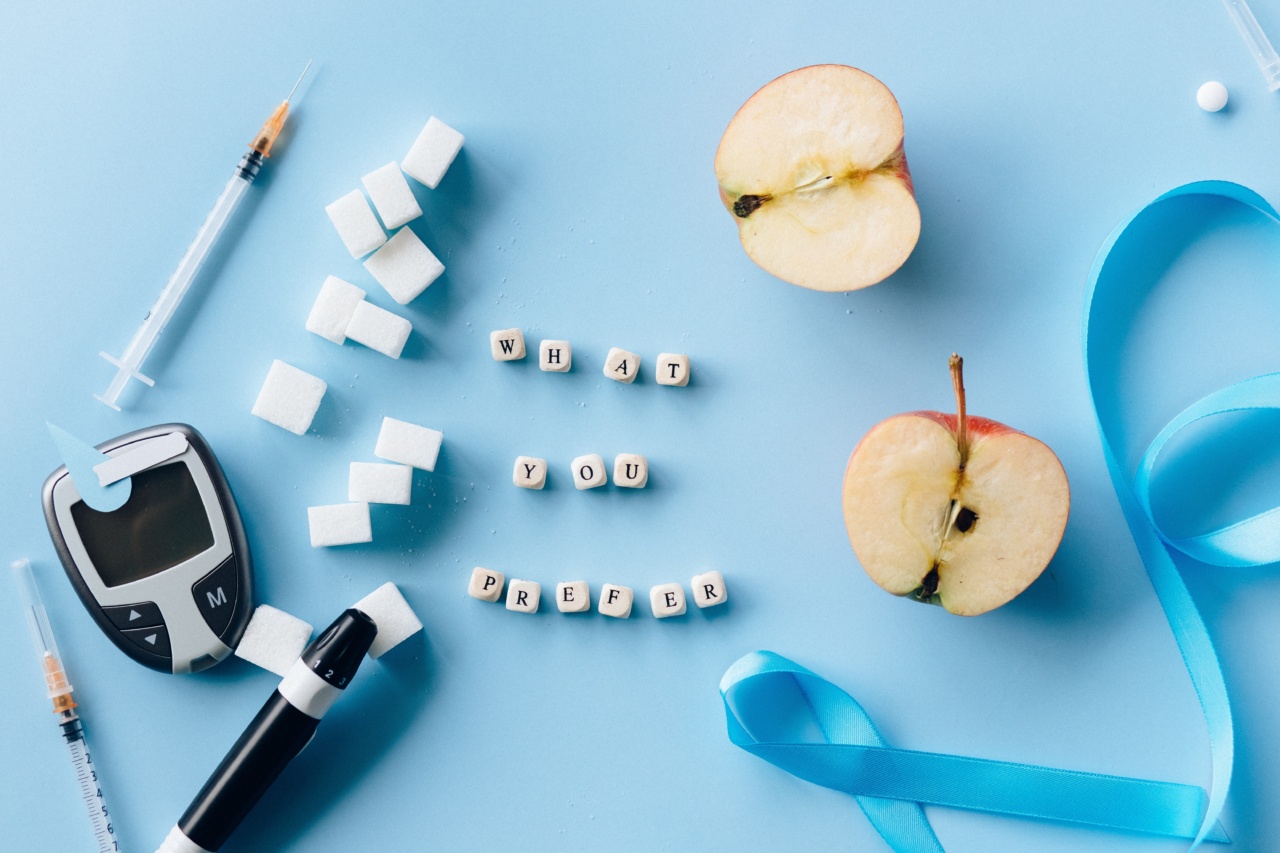Fasting blood sugar refers to the level of glucose in the blood after a person has fasted for a certain period, typically overnight.
It is an important measurement used in the diagnosis and management of diabetes, a chronic condition characterized by high blood sugar levels. Fasting blood sugar levels can provide valuable insights into a person’s overall health and help identify potential risks for developing diabetes.
How is Fasting Blood Sugar Tested?
To measure fasting blood sugar levels, a healthcare professional will typically draw a blood sample after an individual has fasted for at least eight hours.
The sample is then analyzed in a laboratory or using a glucometer, a handheld device that provides instant blood sugar readings. The test results are usually reported in milligrams per deciliter (mg/dL) or millimoles per liter (mmol/L).
Normal Fasting Blood Sugar Levels
The normal fasting blood sugar range for adults without diabetes is generally between 70 and 99 mg/dL (3.9 and 5.5 mmol/L). However, these values may slightly vary depending on the laboratory that performs the test.
It’s important to note that fasting blood sugar levels alone may not be sufficient to diagnose diabetes. Additional tests and clinical evaluations are typically required.
Diabetes and Fasting Blood Sugar
Fasting blood sugar levels are crucial in diagnosing diabetes and its various subtypes.
Diabetes is a metabolic disorder characterized by high blood sugar levels due to either insufficient insulin production or the body’s inability to effectively use insulin. Fasting blood sugar levels above 126 mg/dL (7.0 mmol/L) on multiple occasions indicate diabetes.
Prediabetes and Impaired Fasting Glucose
Prediabetes is a condition in which fasting blood sugar levels are higher than normal but not high enough to be diagnosed as diabetes.
Fasting blood sugar levels ranging from 100 to 125 mg/dL (5.6 to 6.9 mmol/L) are classified as impaired fasting glucose (IFG). Prediabetes is an important warning sign as it increases the risk of developing type 2 diabetes and other health complications.
The Importance of Diabetes Prevention
Preventing diabetes is paramount as it can significantly improve an individual’s quality of life and reduce the risk of associated complications.
Lifestyle modifications, such as maintaining a healthy weight, engaging in regular physical activity, and following a balanced diet, play a key role in diabetes prevention. Regular monitoring of fasting blood sugar levels can help individuals assess their risk and make necessary lifestyle changes.
Key Strategies for Diabetes Prevention
1. Maintain a Healthy Weight: Excess body weight, especially around the waist, increases the risk of developing type 2 diabetes. Losing as little as 5-7% of body weight can have a significant impact on diabetes prevention.
2. Engage in Regular Physical Activity: Regular exercise enhances insulin sensitivity, improves blood sugar control, and helps maintain a healthy weight. Aim for at least 150 minutes of moderate-intensity aerobic activity per week.
3. Follow a Balanced Diet: A diet rich in whole grains, lean proteins, fruits, vegetables, and healthy fats can help manage blood sugar levels and reduce the risk of diabetes. Limit the consumption of sugary foods and beverages.
4. Limit Alcohol Intake: Excessive alcohol consumption can lead to weight gain, high blood pressure, and an increased risk of developing diabetes. If you choose to drink, do so in moderation.
5. Quit Smoking: Smoking has been linked to an increased risk of developing diabetes and other chronic diseases. Seek support and resources to quit smoking.
6. Manage Stress: Chronic stress can contribute to diabetes risk. Find healthy ways to manage stress, such as regular exercise, relaxation techniques, and adequate sleep.
Regular Monitoring of Fasting Blood Sugar
Individuals at risk of developing diabetes, including those with prediabetes and a family history of diabetes, should regularly monitor their fasting blood sugar levels.
This can be done through periodic visits to a healthcare professional or by using at-home monitoring devices. Regular monitoring allows for early detection of any changes and helps in taking necessary preventive measures.
Additional Testing for Diabetes Screening
In addition to fasting blood sugar monitoring, other tests can aid in diabetes screening and prevention. These include:.
1. Oral Glucose Tolerance Test (OGTT): This test measures blood sugar levels before and two hours after consuming a glucose-rich drink. It helps identify how the body metabolizes glucose and can diagnose both diabetes and prediabetes.
2. Hemoglobin A1c (HbA1c) Test: This test provides an average blood sugar level over the past two to three months. It is useful in diagnosing diabetes and monitoring long-term blood sugar control.
3. Random Blood Sugar Test: This test measures blood sugar levels at any given time, regardless of when the last meal was consumed. Elevated random blood sugar levels may indicate diabetes.
Conclusion
Fasting blood sugar levels are an important indicator of a person’s risk for diabetes. Regular monitoring, along with adopting a healthy lifestyle, can help prevent or delay the onset of this chronic condition.
Understanding the significance of fasting blood sugar and implementing appropriate preventive strategies is crucial for overall well-being and diabetes prevention.


























